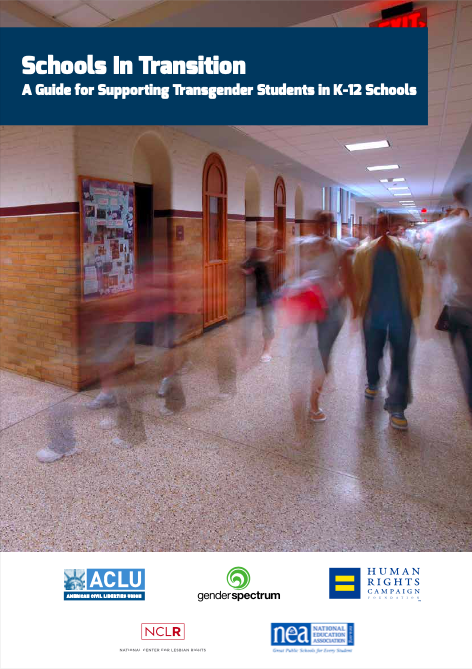The Evidentia Approach
The Integral Role of Sexuality in Patient Care
Every individual, regardless of their background or experiences, possesses a unique sexuality that is deeply intertwined with their identity. As healthcare providers, we recognize that questions and concerns related to human sexuality frequently emerge during patient interactions. Yet, it's alarming to note that a significant number of healthcare professionals lack the necessary training in sexual health and sexuality education. Understanding human sexuality is not just beneficial—it's essential for delivering quality healthcare.
Delving into Sexuality Education
Sexuality, as described by Karen Ryne and Ryan Dillon in An Introduction to Sexuality Education: A Handbook For Mental Health Professionals, encompasses an individual's entire being. It reflects everything a community conveys about intimate relationships and cultural aspects of sexuality. While sex education provides knowledge and information, sex therapy delves deeper, addressing sexuality through a therapeutic lens.
Although sex therapists are equipped with specialized training to provide therapeutic interventions, many other healthcare providers are expected to offer sexuality education and open discussion. This includes topics such as sexual anatomy, gender identity, sexual orientation, and sexually transmitted diseases. Moreover, patients often approach us with trauma-related concerns linked to sexuality, such as:
Pregnancy and birth experiences
Encounters with sexual abuse
Exposure to pornography
Negative experiences stemming from religious teachings about sexuality
Challenges related to LGBTQ+ identities, including prejudice, bullying, and the complexities of coming out
Being well-versed in these topics and employing specific, sensitive language during patient interactions can profoundly enhance the quality of care and support we provide.
Addressing Training Sexuality Education
Sexuality, a fundamental aspect of holistic care, is often overlooked in health services. Research underscores that many health care professionals (HCPs) are not adequately equipped to address patients' sexual concerns. Between 2000 and 2020, studies revealed a significant enhancement in HCPs' abilities to address patients' sexuality issues after undergoing a sexuality education program. One study found:
60% of HCPs believed sexual issues should be addressed
Only 6% initiated these discussions, citing reasons such as lack of training and personal discomfort.
The overarching consensus of 20 years of research is clear: training in sexuality education is crucial for HCPs to communicate effectively about sexuality. Such training not only enhances their knowledge and comfort levels but also promotes a more holistic approach to patient care. As the demand for comprehensive patient care grows, investments in sexuality education for HCPs across disciplines become increasingly essential.
The Expansive Realm of Human Sexuality
The field of human sexuality is vast and intricate. It encompasses a wide range of topics, including:
Research methods in human sexuality
Male and female sexual anatomy
Physiology of sexual response
Concepts of attraction and love
Gender identity and roles
Relationships and communication dynamics
Sexual behaviors and fantasies
Sexual orientation
Conception, pregnancy, and childbirth
Contraception and abortion
Sexuality across different life stages
Sexual dysfunctions
Sexually transmitted diseases
Atypical sexual variations
Sexual abuse and commercial sex
While mastering every aspect is challenging, it's imperative for healthcare providers to educate themselves on relevant topics as they arise in patient care. Most importantly, self-awareness is key. As providers, we must understand our own perspectives and biases to offer the most effective sexuality education.





